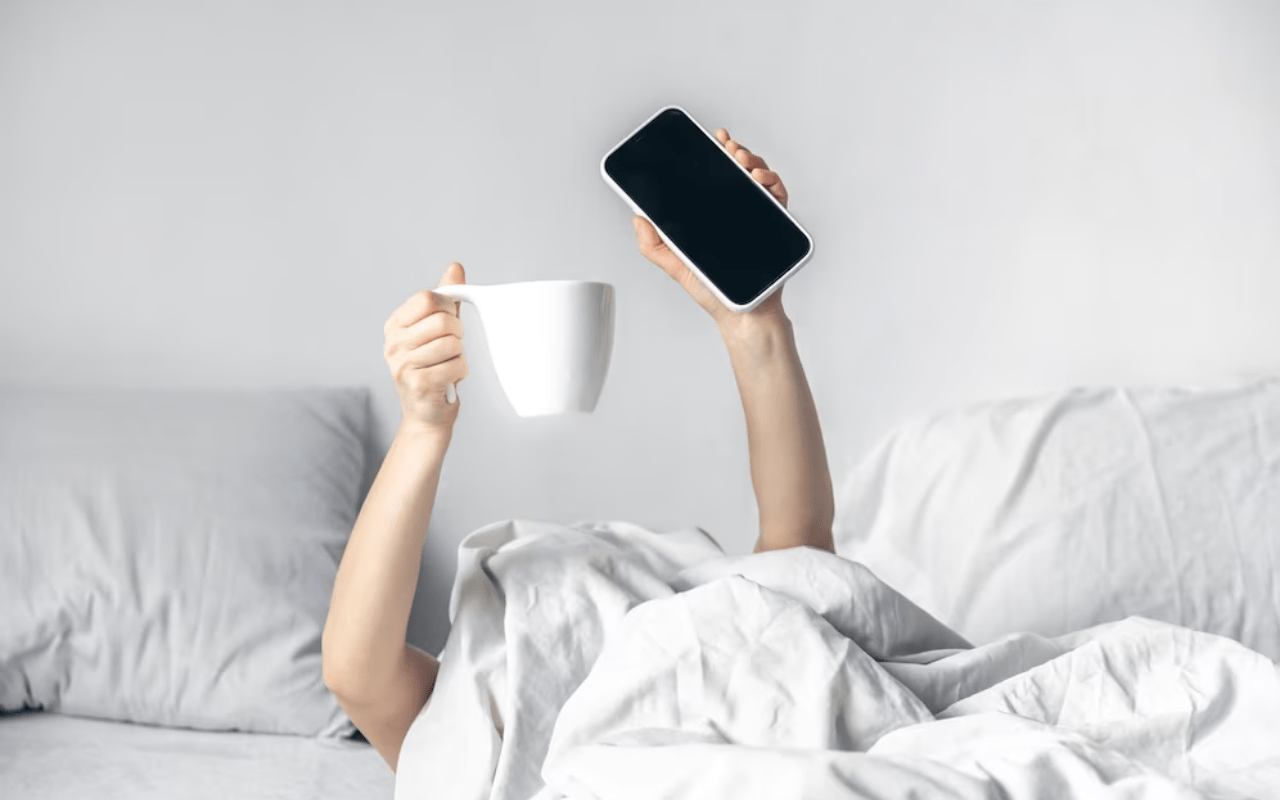Coffee’s effect on sleeping is an issue in any coffee lover’s mind. Certain factors can disrupt our sleep patterns; one of them is coffee. If you are a coffee addict, it may have happened for you to get insomnia after drinking coffee in the afternoon. Have you ever wondered how a cup of coffee could affect your sleep? In this blog, we will dive into the reasons and find out why this energizing disrupts sleeping.
Coffee's Effect Sleeping
Drinking coffee close to bedtime and at night can make it difficult to fall asleep. Adenosine is a neurotransmitter that promotes sleepiness in the brain. Caffeine blocks adenosine receptors in the brain, so adenosine signals the brain to initiate sleep. Caffeine prevents adenosine to attach or exert its sleep-inducing effects. And as a result, falling asleep gets hard.
The Role of Caffeine in Coffee
Coffee doesn’t directly affect sleeping; coffee contains caffeine, which affects sleep. Caffeine is the first ingredient of coffee which is responsible for trouble in sleeping.
Caffeine stimulates the release of adrenaline and dopamine in the brain, so it gives you energy and alertness [1]. This wakefulness after drinking coffee makes it difficult to sleep.
Some people may be more sensitive, while others may be less affected based on their body and coffee-consuming diet.
NOTE: Avoid drinking coffee 4-6 hours before bedtime [2].

Unveiling the Impact on Sleep Quality
Drinking coffee more than usual and close to bedtime can lead to lighter sleep and can decrease sleep quality.
In addition to disrupting the ability to fall asleep and stay asleep, caffeine negatively impacts sleep quality. A double-blinded, placebo-controlled study found that when participants were given caffeine pills to take, they experienced shallower, less restorative sleep compared to when they took a placebo.
There are 6 facts that show the impact of coffee on sleeping:
- Caffeine can impair Cognitive Function [2].
- Caffeine can disrupt normal sleep architecture [3].
- Caffeine can have implications for mood regulation and mental health [4].
- Caffeine can increase the frequency of nighttime awakenings during sleep [5].
- Caffeine can diminish REM (Rapid Eye Movement ) sleep duration and intensity [6].
- Caffeine can lead to daytime sleepiness and fatigue after a low-quality night’s sleep [7].
Shortened Sleep Duration
Consuming much coffee can come in a reduction in the amount of time we spend sleeping.
Several studies have shown that consuming caffeine during the day can reduce total sleep time at night. For example, a placebo-controlled study had participants consume 0mg, 200mg or 400mg caffeine in the morning; those in the 400mg group had reduced total sleep time compared to the placebo group.
Here’s how caffeine affects sleep duration and REM sleep:
- Caffeine affects the central nervous system [8].
- Caffeine can suppress the duration of REM sleep [9].
- Caffeine can increase the intensity of REM sleep [10].
- Caffeine affects cognitive processes.
NOTE: To optimize sleep duration, be mindful of caffeine consumption time.
Sleep Disturbances and Individual Sensitivity
These impacts can vary from person to person. You have first to know your body and experience coffee consumption.
There are some sleep disorders that coffee doesn’t cause, but it can impact and increase them, like insomnia, sleep apnea, RLS (Restless Legs Syndrome), narcolepsy, and circadian rhythm.
Caffeine is a stimulant that can make it harder to fall asleep. A systematic review of 18 studies found that higher caffeine intake close to bedtime is associated with increased sleep latency (the amount of time it takes to fall asleep). This effect seems most pronounced in people who do not regularly consume a lot of caffeine.

Timing and Dosage
Individual sensitivity, the timing of consumption, and the amount of caffeine consumed are what can impact sleeping time and quality.
Several factors influence the relationship between caffeine dosage and its impact on sleep, but they change from person to person.
In addition, the caffeine content of the coffee, the cumulative effects of caffeine, caffeine tolerance, and body habits are other factors that can affect sleeping time.
Conclusion
Now, you know what coffee does with your body, mind, and sleeping. So, you have to be careful to know your body and explore different types of coffee and their caffeine content to prevent sleeping disorders. Although coffee is an energizing drink causing alertness, these features may cause different challenges for sleeping.

